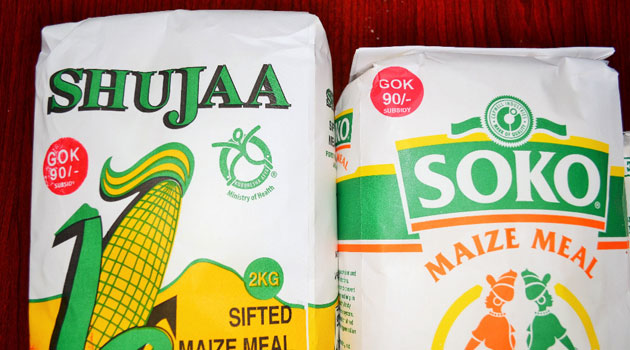
The country has been grappling with high food prices that have seen Inflation hit 11.75 per cent in the month of May 2017, the highest level in five years/FILE
NAIROBI, Kenya, June 2 – The cost of living is expected to go down the after the August 2017 General Election, economic experts say.
Standard Investment Bank Research says with the rainy season already on, vegetable food prices will start moderating soon, with cereals following thereafter in a couple of months, likely after the polls.
The research bank says that Kenya’s macro situation remains relatively solid going forward with the mood on Gross Domestic Product growth appearing more upbeat.
The country has been grappling with high food prices that have seen Inflation hit 11.75 per cent in the month of May 2017, the highest level in five years.
The Food and Non-Alcoholic Drinks’ Index that amounts to 36.04 per cent of the Consumer Price Index (CPI) weight continued to drive inflation, climbing 21.52 per cent, slightly higher than the prior month.
Sugar prices increased by 23.3 per cent over the month while maize climbed 14.5 per cent. These two commodities are up 50 per cent year on year on average.
Vegetable prices started to fall with the onset of rain.
Cabbages and Kale fell by 25 percent over May 2017, Spinach and potatoes prices fell by about 15 per cent over the same period.
“While the price of vegetables has already started falling, high cereal prices may persist until September 2017 when the initial harvest for the main crop is done. An ongoing subsidy program by the government is only expected to moderate the cereals situation,” Standard Investment Bank research notes.
The inflation rate first rose outside of the government’s preferred band of 2.5-7.5 per cent in February, after food prices went up due to drought, which left an estimated 2.7 million people in need of food aid.


































